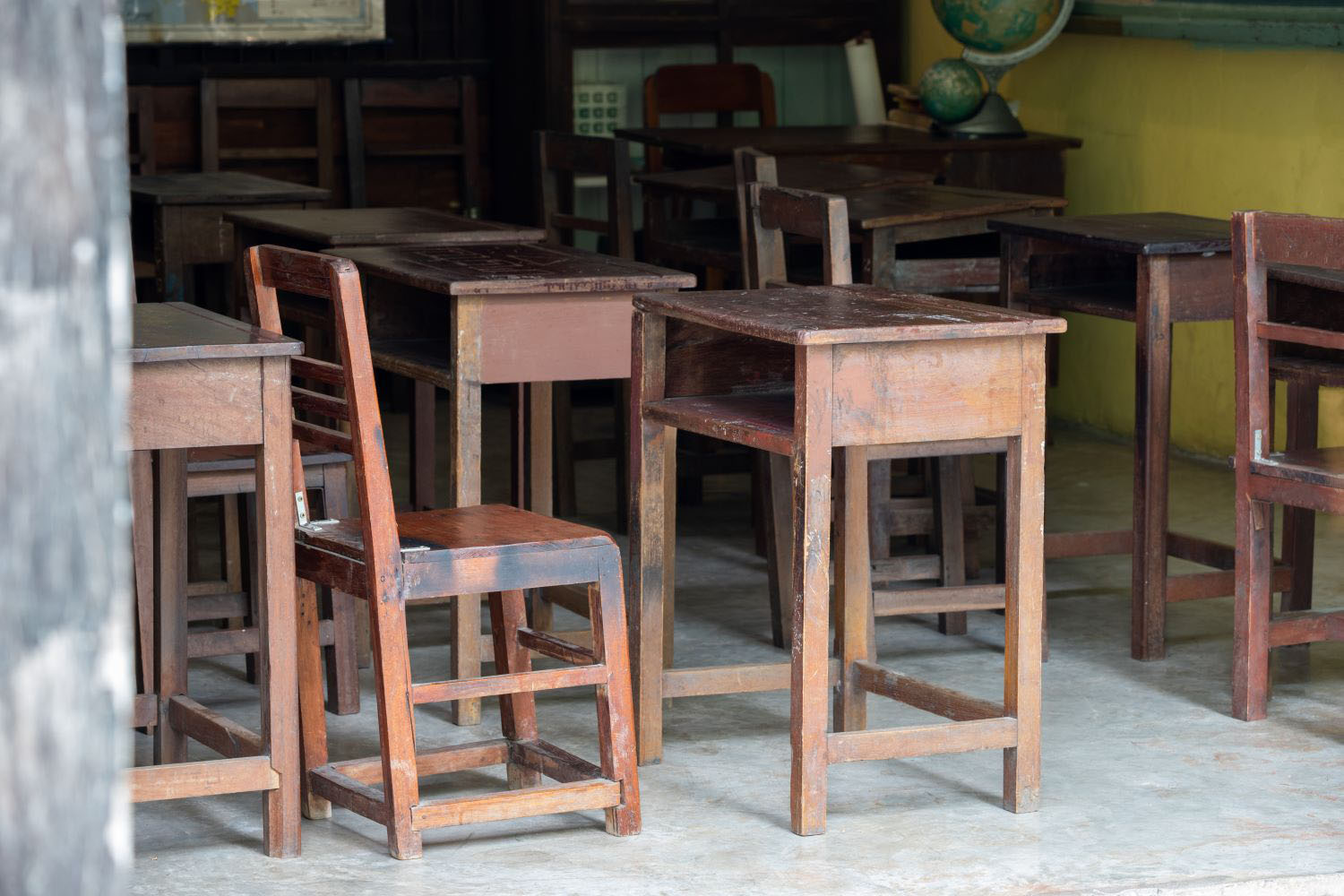This new working paper by CGD non-resident fellow Devesh Kapur and his co-author Megan Crowley analyzes an often neglected facet of development--higher education. While higher education was in vogue in the 1950s and 1960s, it subsequently fell out of favor. The various development paradigms, from basic needs to rural development, structural adjustment and policy reform, had little place for higher education; and the recent emphasis on institutions also pays little heed to this subject.
Though crucial to building the human capital--the accountants, doctors, engineers, lawyers and teachers--that comprise the middle class, little is known about what is happening within universities and to the students who spend a considerable part of their prime years there. Furthermore, while the number of students and the money devoted to higher education in developing countries has grown, it is unclear how meaningful this growth is.
This paper addresses five broad questions:
- Are the economic effects of higher education on developing countries different from those in industrialized countries, with its links with labor markets of lesser importance than its impact on institutional development?
- How does the impact of higher education depend on the type of education and its beneficiaries?
- With the state unable to meet growing demand pressures, what should be the proper role of the state to ensure not just quality but also equity and access?
- How should countries rethink the provision of higher education in an "open economy" from seeking education abroad or encouraging foreign providers into the country or simply linking domestic institutions with foreign quality assurance mechanisms?
- Do new technologies offer developing countries a new paradigm to expand the provision of high quality but low cost higher education?
Rights & Permissions
You may use and disseminate CGD’s publications under these conditions.





